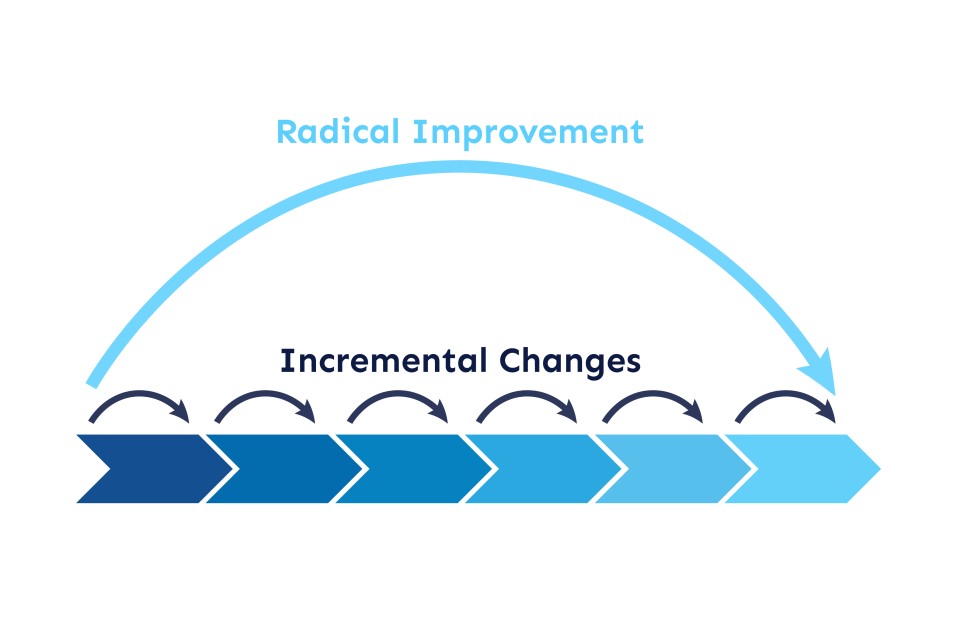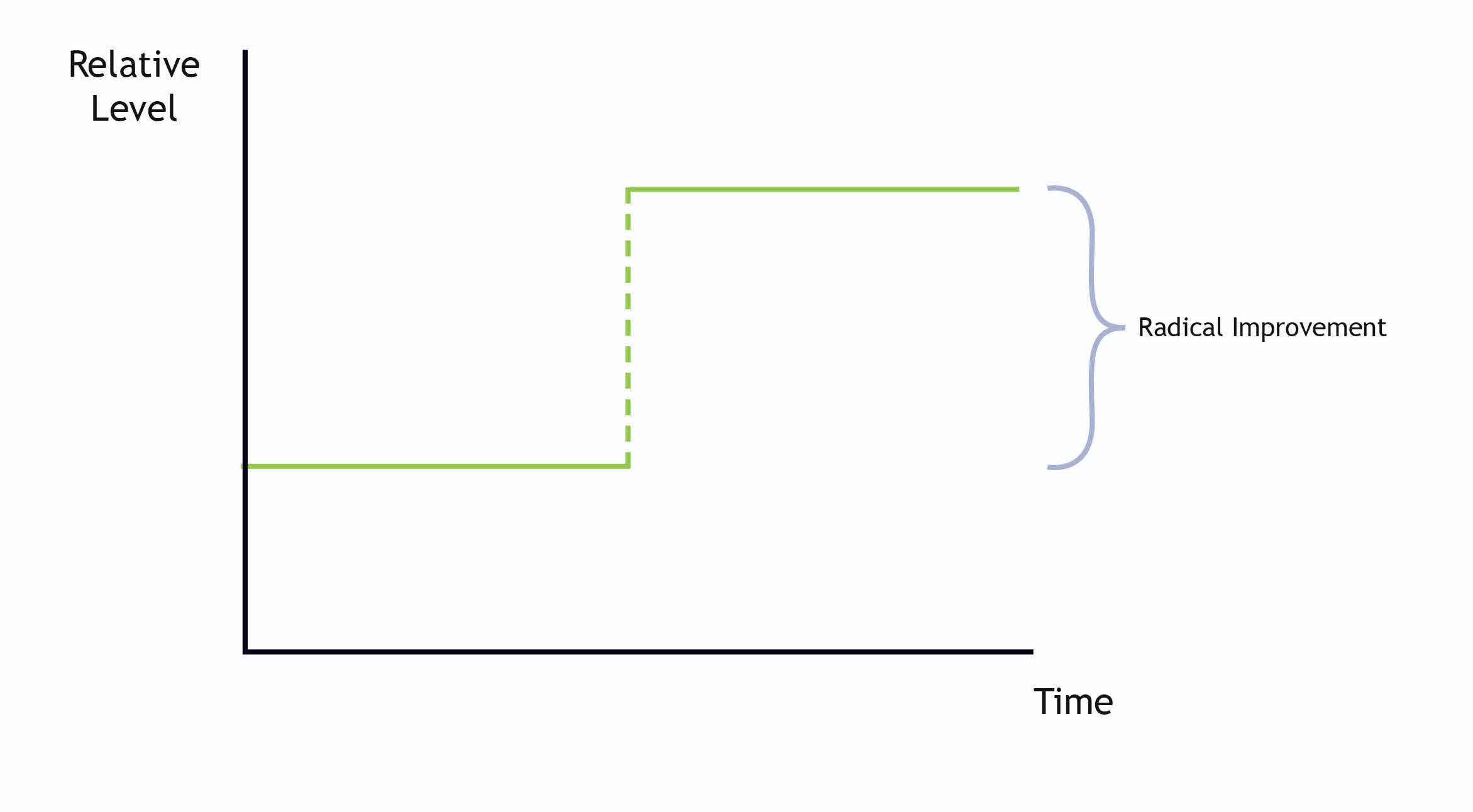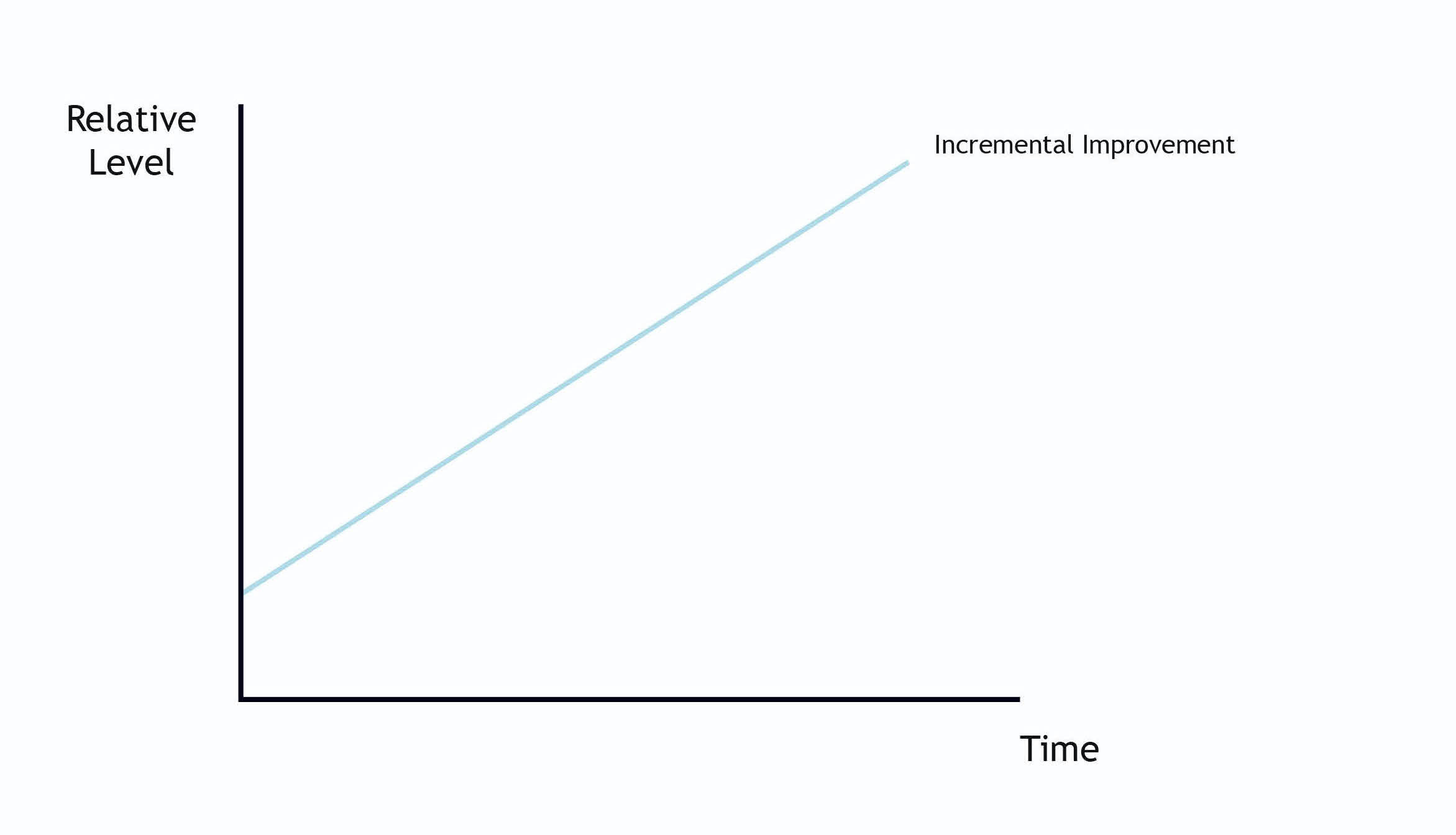Brochure - Vol. 1 (2...
4537 | 15 Dec 2022

Implementing change can have very different effects on different participants within an organization. For some organization members, the changes can have little impact on their daily work and processes. For others, making the same changes can result in huge disturbances. Any change to a business system involves a certain degree of uncertainty, complexity and actual risk. The concept of implementation of changes occurs in three different states:
When planning for change, organizations must focus on the solution (future state). Each affected individual has their current and future state that the change requires. Organizations must determine the appropriate level of the radicalness of organizational change depending on the size of the organizational gap and when they begin solving the gap problem. Therefore, a one-size-fits-all approach to managing and implementing change is not appropriate for all organizations. The nature and scope of the change, or the gap between the current and future state, will influence how much and what type of change an organization needs to develop the right approach to managing change. Process improvements can result in an incremental change or significant strategic change.
Radical change refers to changes that occur relatively quickly and alter the nature of business structures or organizational practices. This type of change, therefore, affects the resources, norms, and interpretive schemes of groups and individuals within the organization. It is a significant process change that employs new technologies, approaches or innovative methods that result in improved efficiency of processes within the organization. The improvement can be rapid, but the risk is high and the results are uncertain. The radical form of business process improvement is used by organizations when they are in a hurry and as a last resort.

It is about incremental change, which can be understood as a process that alters, adapts, or improves the existing situation with relatively simple and minor changes. Based on this definition, it is important to emphasize that this type of organizational change does not change the core of the organization. Incremental change refers to relatively small adjustments in the grand scheme of pre-existing systems, hierarchies, models, products, services, and processes. These changes attempt to solve problems with small, systematic steps that lead to change over time, and the risk of introducing these changes is not high. We make incremental and continuous improvements to business processes when we have enough time.

World-class companies are influencing business process change as a means to improve performance, reduce costs and increase profitability. As a result, these top companies are better able to respond to changing markets and increasing cost pressures. When business process change initiatives are effectively planned and implemented, they result in continuous operational improvements that can lead to sustainable competitive advantage. It is necessary to start eliminating the organizational gap as soon as possible to find out what is going on in the company and take action as soon as possible. The continuous method is better when we are not in a hurry. Companies that focus on continuous improvement have tremendous benefits from constantly searching for new ways of working.
What are your thoughts on the subject above? Feel free to post a comment or start a discussion.
Leave A Comment